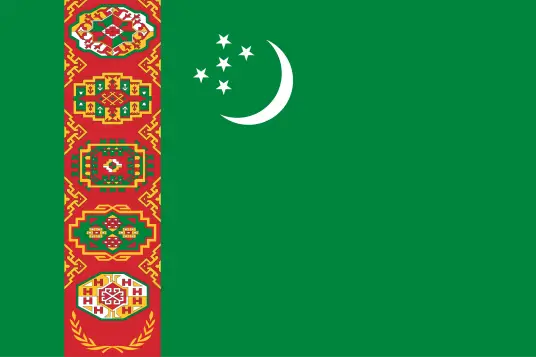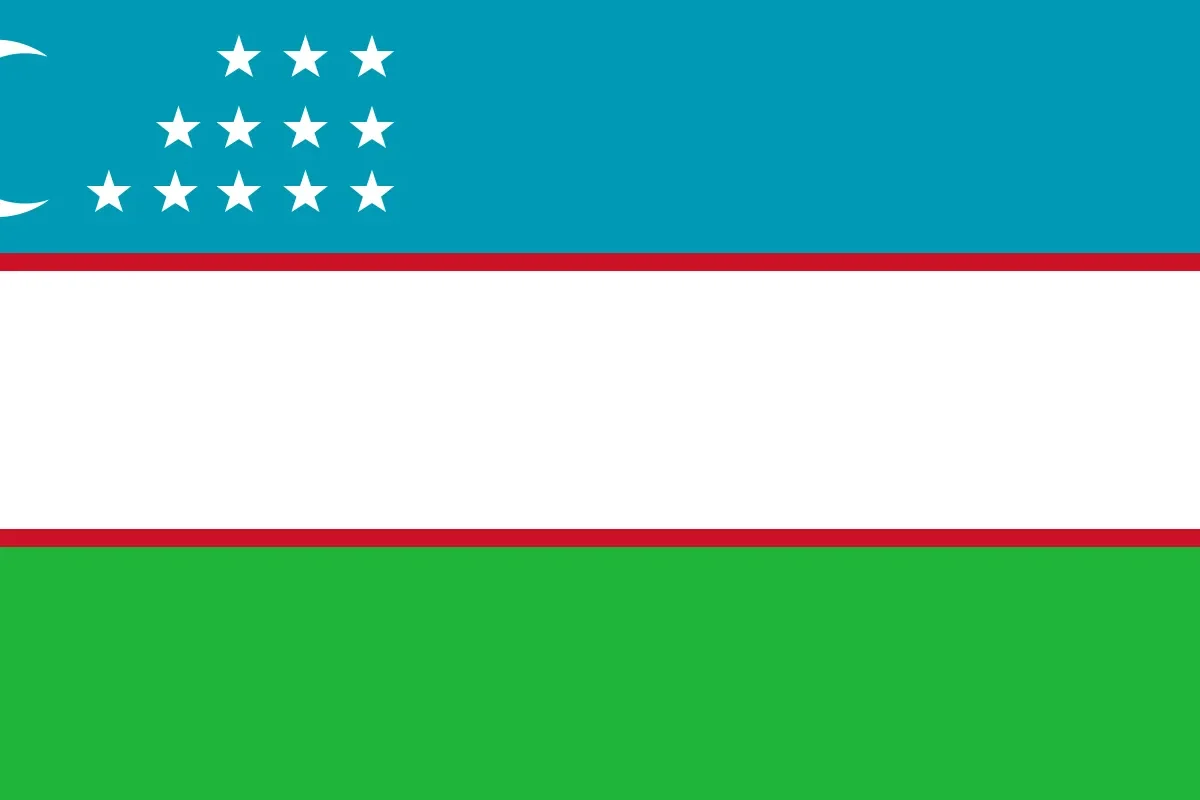The Asia-Pacific Commerce and Industry Confederation (APCIC) is delighted to provide this comprehensive guide to Qatar, one of the wealthiest nations globally and a key economic player in the Middle East. This report examines Qatar’s economic landscape, key industries, trade policies, taxation framework, and strategic recommendations to help APCIC members harness opportunities in this thriving market.
1. Panorama económico
Qatar, with its abundant natural resources and strategic location, is a global energy leader. Its GDP reached approximately $255 billion in 2023, with strong contributions from the liquefied natural gas (LNG) sector. As part of its National Vision 2030, Qatar is diversifying its economy to reduce dependence on hydrocarbons.
Principais indicadores económicos:
- crescimento do PIB: Estimated at 3.3% in 2023, driven by infrastructure development and service sector expansion.
- População: Approximately 3 million, with expatriates comprising the majority of the workforce.
- Taxa de inflação: Stable at 2.1% in 2023, reflecting a balanced economic environment.
2. Principais sectores de atividade
Qatar’s economy is diversified across several high-growth sectors:
- Energia: Qatar is the world’s largest exporter of LNG, contributing significantly to global energy security.
- Desenvolvimento de infra-estruturas: Large-scale projects such as Lusail City and Hamad Port are part of Qatar’s drive to enhance its urban and logistics capacity.
- Turismo e hotelaria: Investments in luxury tourism, bolstered by global events like the FIFA World Cup 2022, have positioned Qatar as a premier destination.
- Serviços financeiros: Doha’s Qatar Financial Centre is a growing hub for banking, insurance, and fintech.
- Education and Research: Qatar is investing heavily in education and innovation, hosting renowned institutions and R&D centers.
3. Políticas comerciais
Qatar’s trade policies support its open economy and position as a regional trading hub:
- Acordos de comércio livre (ACL): Qatar benefits from GCC trade agreements and is exploring partnerships with Asia-Pacific nations to diversify its trade relations.
- Customs and Duties: Goods traded within the GCC are duty-free, while most imports face a standard customs duty of 5%.
- Economic Diversification Initiatives: National Vision 2030 emphasizes the promotion of non-energy sectors and private-sector partnerships.
4. Enquadramento fiscal
Qatar offers a business-friendly taxation system to attract foreign investment:
- Imposto sobre as sociedades: A 10% flat rate applies to most companies, with exemptions for entities operating in free zones and specific industries.
- Imposto sobre o rendimento das pessoas singulares: Qatar does not impose personal income tax, enhancing its attractiveness for expatriates and professionals.
- Imposto sobre o Valor Acrescentado (IVA): A VAT system is under consideration as part of fiscal reforms but has not yet been implemented.
- Incentivos: Tax holidays and exemptions are available for strategic sectors such as manufacturing, technology, and logistics.
5. Clima de investimento
Qatar’s investment climate is bolstered by a combination of natural resources, strategic initiatives, and modern infrastructure:
- Qatar Free Zones: Areas like Ras Bufontas and Umm Alhoul offer tax incentives, 100% foreign ownership, and streamlined processes for international businesses.
- Infra-estruturas: State-of-the-art ports, airports, and telecom infrastructure support seamless trade and business operations.
- Stability and Security: Qatar’s political and economic stability ensures a reliable environment for long-term investments.
- Ecossistema de inovação: Initiatives like Qatar Science & Technology Park foster innovation and collaboration in technology and research.
6. Recomendações estratégicas
For APCIC members looking to expand into Qatar:
- Invest in LNG and Energy Transition: Capitalize on opportunities in LNG production or invest in renewable energy projects aligning with Qatar’s sustainability goals.
- Participate in Infrastructure Projects: Engage in Qatar’s ongoing urban development and logistics projects, leveraging its strategic location.
- Explore Free Zones: Establish operations in Qatar’s free zones to benefit from tax exemptions and simplified regulations.
- Focus on Tourism and Events: Invest in luxury hospitality, cultural initiatives, and sports-related projects to tap into Qatar’s growing global profile.
- Collaborate in Technology and Research: Partner with Qatar’s research centers to develop innovative solutions in technology, healthcare, and sustainability.
Conclusão
Qatar’s strategic location, robust economy, and ambitious diversification plans under National Vision 2030 create vast opportunities for trade and investment. APCIC members are encouraged to leverage this guide to navigate Qatar’s evolving market and secure their foothold in one of the Middle East’s most prosperous economies.




